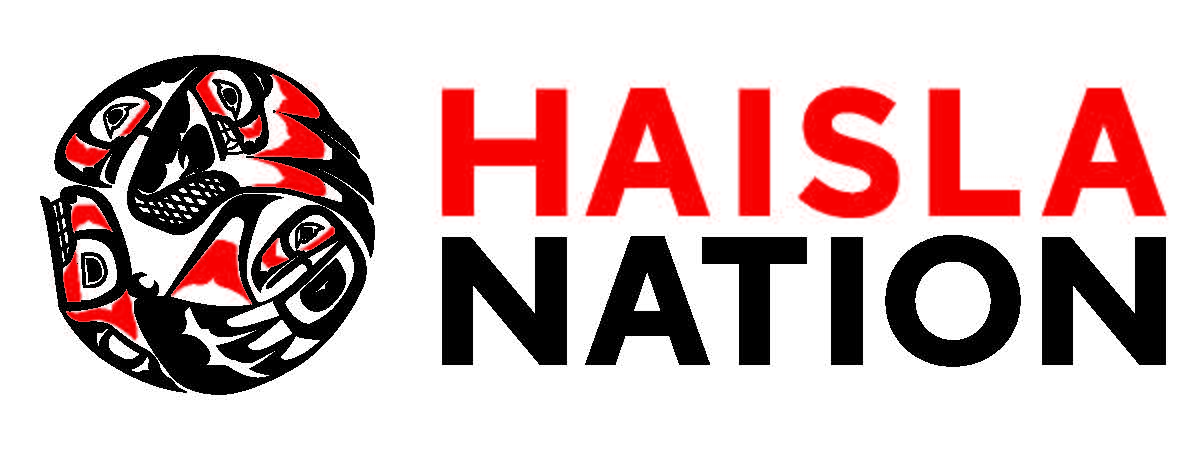For Immediate Release
FROM: Haisla Nation Elected Chief and Council
DATE: November 27, 2024
SUBJECT: Haisla Nation Disappointed by District of Kitimat’s Decision on Street Renaming
Haisla Nation (HNC) expresses deep disappointment following the District of Kitimat Council’s decision to deny our request to rename Anderson and Raley Streets. This decision is especially troubling as it contradicts the commitments made in our Joint Strategic Plan (2024–2029), where both HNC and the District of Kitimat agreed to prioritize the renaming and returning of place names to reflect Haisla culture and heritage.
The request to rename these streets not only aligned with the objectives of our Joint Strategic Plan, but also aimed at addressing the legacy of colonialism and residential schools that caused lasting harm to the Haisla people. These names represent individuals whose actions were foundational in establishing residential school systems that stripped generations of Haisla people of their culture, language, and identity. Renaming the streets would have been a meaningful step toward reconciliation, healing, and restoring the dignity of our people.
While we respect the decision-making process of the District of Kitimat Council, it is disheartening that they may have prioritized personal considerations over the broader goals of reconciliation and collaboration. It appears the ultimatum we presented, aimed at ensuring this matter received adequate attention, was misinterpreted. This resulted in a decision that prioritizes political posturing over the principles of respect, collaboration, and reconciliation outlined in our Joint Strategic Plan.
As a Nation, we are steadfast in our responsibility to support and protect our membership. We strongly believe that no Haisla member should encounter racism or other forms of discrimination within our own traditional, unceded territory. The denial of this request raises serious concerns about how reconciliation is understood and practiced by some in our neighboring community. True reconciliation requires more than words—it requires actions that prioritize equity, inclusion, and respect for Indigenous history and culture.
This decision leaves us no choice but to reflect on our next steps. As stewards of our Nation's history, culture, and well-being, we will continue to advocate for the recognition of our people and our heritage. Reconciliation is a shared responsibility, and we remain open to finding constructive paths forward with the District of Kitimat Council.
To our membership, we understand that this decision is a setback, but we remain steadfast in our commitment to uplifting and preserving Haisla culture. We encourage all members to engage in these conversations positively and support our efforts to bring about meaningful change.
Haisla Nation will convene to evaluate our next steps. Reconciliation is a shared responsibility, and we call on the District of Kitimat Council to reflect on their decision and reaffirm their commitment to our collectively established goals.
To our membership, we assure you that we remain dedicated to uplifting our culture, history, and voices, and will continue to advocate for meaningful change.
